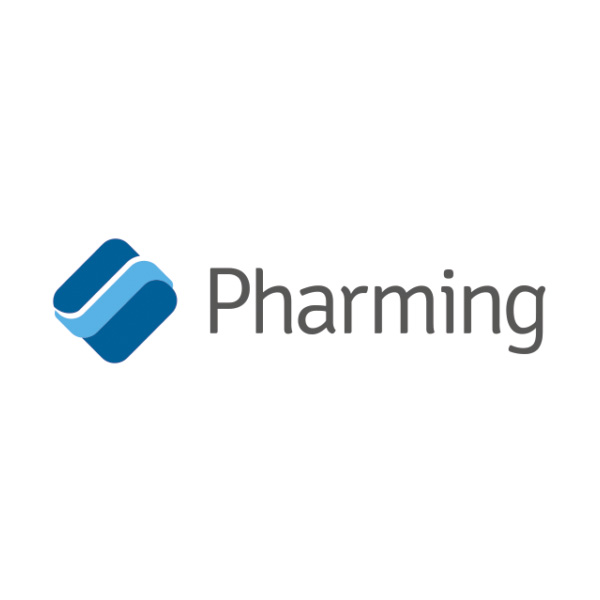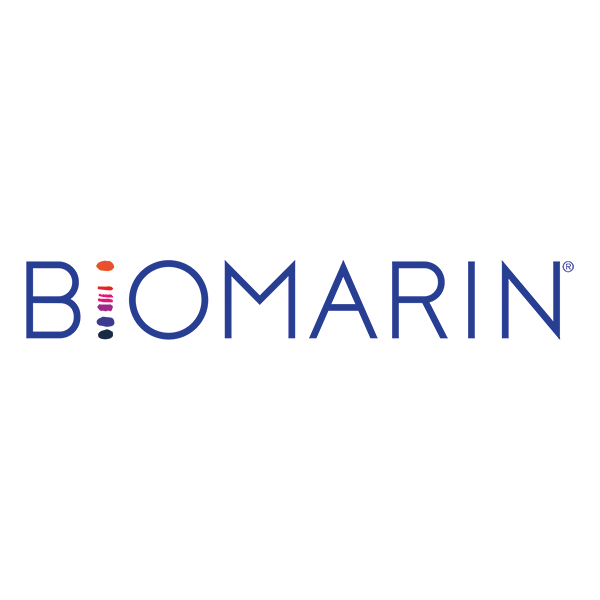In brief
- Your region: Asia Pacific
- Number of countries: 13
- Number of member organizations: 12
Tell us a little about yourself
My name is Fiona Wardman, and I live in Sydney, Australia. I have HAE and am the only one in my family with this rare disease. After many years of unexplained swelling attacks, including one laryngeal attack that almost killed me, I finally received a diagnosis 26 years after my first attack.
I got involved with the HAE community when my Immunologist invited me to participate in a meeting with other patients and physicians to discuss gaining access to funded treatments. With the help of HAEi, I co-founded HAE Australia, now known as HAE Australasia, as we represent Australians and New Zealanders with HAE.
In 2014 I was elected as a Director and the Treasurer of HAEi. In 2018 I was asked to join the RPA program for the Asia Pacific region. Towards the end of 2018, HAEi Leadership asked me to be the Chief Regional Patient Advocate to oversee the RPA program, which now covers the globe.
Tell us a little about your region
The Asia Pacific region is incredibly diverse in culture, landscape, languages, and population numbers. Regarding HAE, we have diversity in the knowledge of the disease and treatment options, how the member organisations are structured, how long they have been established, and the number of members. These things are challenging, but I can see that many things will improve for people with HAE while working with the incredible and dedicated people in each country.
What are you most proud of being able to do for the countries in your region?
I am very proud that my region has made significant progress in a short amount of time, despite there being some language barriers to overcome in some countries. I have helped people with HAE, who have felt or been alone, to connect with me, with HAEi, others in their own countries, and also across countries. It can be difficult for people in some countries in my region to speak about their rare disease because there are stigmas about disease or illness. If they speak out, it could be detrimental to the possibilities of marriage, family, and career prospects. Some of these barriers have broken down, and I have empowered patients and their family members to understand that nothing will change without their voices.
What changes have happened for people with HAE in your region whilst you have been an RPA?
Through the RPA program, I have successfully located patients or family members who want to make a positive change. This has resulted in starting six new member organisations and assisting many others with capacity building and accessing modern HAE treatments. While I am proud of this achievement, I am also very proud that communities of people with HAE, which have been built from nothing are now actively supporting one another. In countries where there are no modern treatments for acute or prevention, the patients are incredibly stoic, and the physician networks are in place to assist patients at any time, day or night.
What Next Steps will you be taking as an RPA to support your region?
The ultimate goal is for all countries within my region to have access to funded modern treatment options. This goal will be achieved by continually using the experience and knowledge that we have and implementing the HAEi tools, resources, and programs to build on the advocacy, awareness, and education needed for HAE to become a well-known and understood rare disease.










